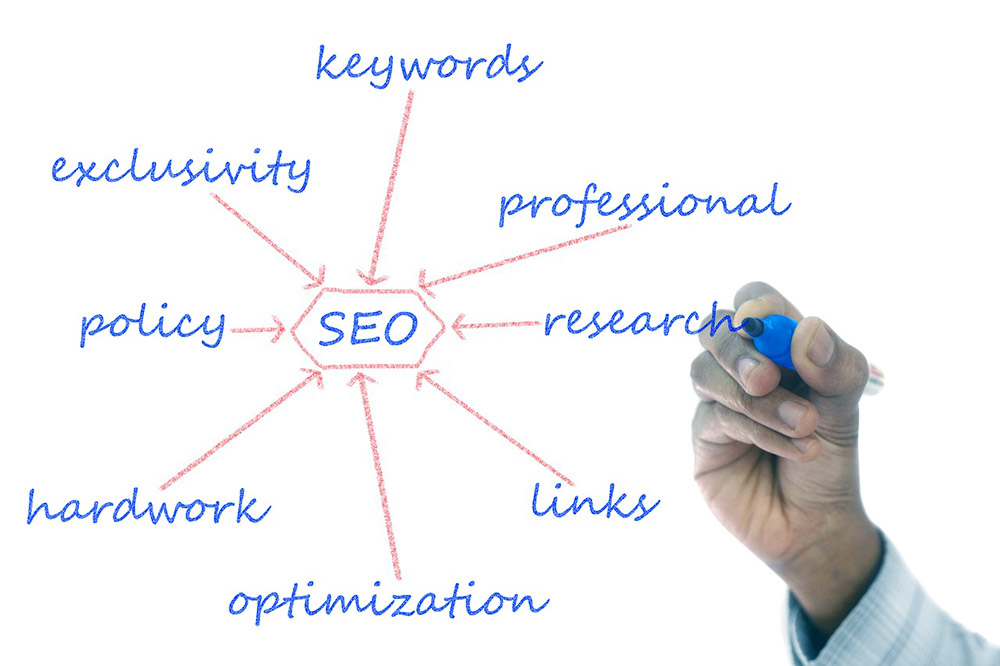In search engine optimization there are many variables that might affect an SEO strategy. They can often be separated into two categories, environmental factors within the searchable web ecosystem and business dynamics relating to the resources and current circumstances of the company investing in SEO.
In this blog, I’d like to focus on SEO for new businesses and how they can approach other internet related forms of marketing. I’d also like to pinpoint some of the differences and similarities between SEO strategy for emerging businesses and companies with large resources. Ultimately I’d like to illustrate the point that SEO is as valuable for a two-person company selling home-grown vegetables as it is for a multi-million pound organisation selling insurance.
Naturally, the place to start is with resources and budget. Larger companies will obviously have more money or more technically astute staff at their disposal, meaning they can adopt broader SEO strategies and target more competitive keywords. Smaller brands or start-ups obviously don’t have the luxury of big budgets, this might mean they have to be extra diligent with their on-page implementation or they have to really focus on content creation to build brand awareness.
A bigger budget is always going to help, but sometimes being forced to be economical by financial constraints means businesses have to get creative and this can have positive consequences. It might mean that unique content is created, this can become valuable linkbait, or it might mean that more emphasis is placed on social media marketing and more time can be spent interacting with clients through social networks. It might also mean that link-building campaigns become more targeted; focusing on acquiring smaller quantities of high-value authoritative links rather than large quantities of directory links.
For smaller companies investing in SEO, it might also mean that strategic objectives have to be re-evaluated. This doesn’t mean that ambitions for success should be curbed, rather than the limits of small-scale SEO should be understood and accepted, this means preparing to build slowly. For new businesses starting new ecommerce websites, number 1 rankings on Google won’t be achieved overnight, it may take months or years depending on the competitiveness of the industry. In the beginning, it might even be best not to judge your SEO success by improved rankings, or by traffic quantity, but rather by the conversion rates being achieved on the site. For many websites traffic is meaningless unless it is converting; this is generally a much more effective way to gage progress at the beginning of an SEO campaign.
Making SEO strategies scalable for smaller businesses is also crucial, particularly is an SEO campaign is going to be sustained over a lengthy period of time. As I’ve mentioned, the creation of SEO content is one thing smaller businesses can focus on, and one way to maintain a constant stream of new material on a website is to ask for user-generated content. Time will need to be spent moderating user-written articles but generally this moderating is quicker than creating. A downside of this technique is that the content might not be consistently of high-quality and potentially the brand could become associated with bad content.
If a small business chooses to produce all the content for their SEO campaign in-house, initially they’ll want to focus on what is called ‘evergreen’ content. This is something that consistently draws in relevant traffic over time and is not affected by seasonal changes in user behavior. It might be advice on a product, an anecdotal entry about an experience with a particular service, but if it’s useful and interesting it can and will sustain a decent quantity of relevant traffic.
In short, SEO can work for organisations both big and small if the strategy is constructed to match the size and resources of the business in question. This means focusing on certain parts of a strategy such as a link building, on-page optimisation techniques, or content creation and using it to increase the number of conversions occurring on a webpage.


